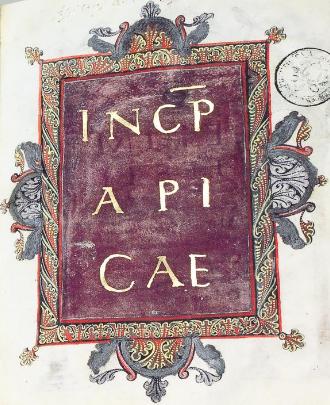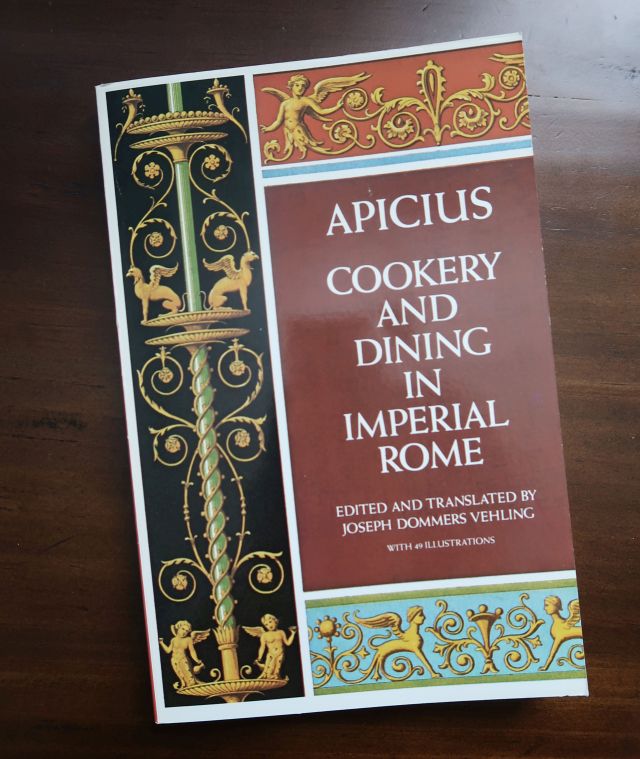

Needless to say, you couldn't find this information anywhere else. Some of the recipes are strikingly modern others use ingredients and methods that have long since disappeared.Īs the book was originally written for professional cooks working in Rome (perhaps made even more obscure to prevent amateurs from gaining access to the recipes), Joseph Vehling's generous notes are essential for understanding the ingredients and methods used in the recipes and the relationship of Roman cooking to our own traditions.īesides the translation and notes there is much other material, both scholarly and informative, covering cooking in the ancient world, the history and bibliography of Apicius manuscripts and editions, an index and vocabulary of Roman cookery terms, 49 illustrations including drawings by the author and facsimiles from earlier editions, and much more. There are also methods for preserving foods, revitalizing them, even adulterating them. There are recipes for cooking fish and seafood, game, chicken, pork, veal, and other domesticated animals and birds, for vegetable dishes, grains, beverages, and sauces virtually the full range of cookery is covered. Joseph Vehling's brilliant translation, extended introduction, and full and helpful commentary combine to bring you a clear picture of what foods the Romans ate, how they prepared them, and the highly developed state of culinary arts in Imperial Rome. It is also one of the few translations of this original Roman cookbook prepared by a professional chef. In the earliest printed editions, it was most usually given the overall title De re coquinaria ("On the Subject of Cooking") and attributed to an otherwise unknown Caelius Apicius, an invention based on the fact that one of the two manuscripts is headed with the words "API CAE".This is the first English translation of Apicius de re Coquinaria, the oldest known cookbook in existence.


Apicius is a text to be used in the kitchen. He is sometimes erroneously asserted to be the author of the book that is pseudepigraphically attributed to him. The name "Apicius" had long been associated with excessively refined love of food, from the habits of an early bearer of the name, Marcus Gavius Apicius, a Roman gourmet and lover of refined luxury who lived sometime in the 1st century AD, during the reign of Tiberius. "A Bibliography, Critical Review and Translation of the Ancient Book known as Apicius de re Coquinaria."Particularly useful if you want to cook wild boar or dormouse :-)According to Wikipedia: "Apicius is a collection of Roman cookery recipes, usually thought to have been compiled in the late 4th or early 5th century AD and written in a language that is in many ways closer to Vulgar than to Classical Latin.


 0 kommentar(er)
0 kommentar(er)
